
Recent measure to address judicial delays
By Jessa G Wong-Cantano, ACCRA Law
It is trite, but bears repeating: justice too long delayed is justice denied.
Our government has enacted several measures to somehow address the issue of judicial delays, the recent one of which is the Revised Guidelines for Continuous Trial of Criminal Cases, which took effect on September 1, 2017. Among its objectives is to protect and advance the constitutional right of persons to a speedy disposition of their criminal cases. To achieve this, the Guidelines set the following salient rules with the aim to reduce trial time/period:
Trial shall be held from Monday to Thursday, and courts shall call the cases at exactly 8.30am and 2.00pm. Hearing on motions, arraignment, pre-trial and promulgation of decisions shall be held in the morning on Fridays.
Upon arrest or voluntary surrender of the accused, the court shall set the arraignment and pre-trial within 10 calendar days from the court’s receipt of the case for detained accused, and within 30 days for non-detained accused.
The arraignment and pre-trial conference shall be simultaneously held. The court shall proceed with the pre-trial despite absence of the accused and/or private complainant, provided they were duly notified, and accused’s counsel and public prosecutor are present. Stipulations shall be done with the active participation of the court. The pre-trial order shall immediately be served upon parties and counsels on the same day after termination of the pre-trial.
As to the form of testimony, for First Level Courts, the testimonies of the witnesses shall be the duly subscribed written statements given to law enforcers, or affidavits or counter-affidavits submitted to the investigating prosecutor during preliminary investigation. If not available, they shall be in the form of judicial affidavits. The same rule shall apply for Second Level Courts, the Sandiganbayan and Court of Tax Appeals, where the demeanour of the witness is not essential in determining the credibility (such as forensic chemists, medico-legal officers, investigators, auditors, accountants, engineers, custodians, expert witnesses), and who will testify on the authenticity, due execution and contents of public documents and reports, and the criminal cases are transactional in nature (such as falsification, corruption or fraud).
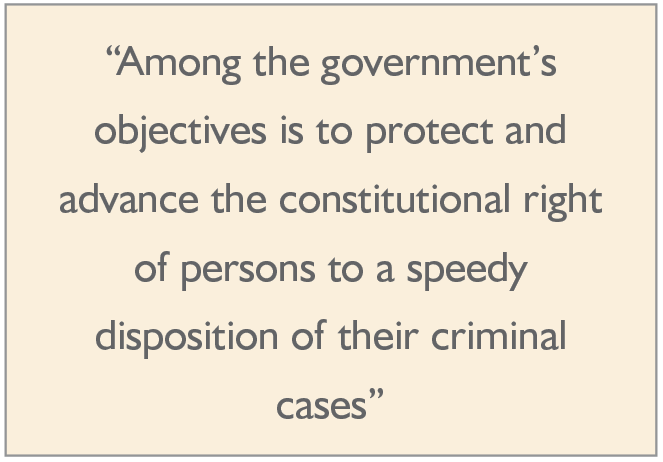
The court shall strictly adhere to the rule that a witness has to be fully examined in one day only.
Motions for postponement are generally prohibited, except if it is based on acts of God, force majeure or physical inability of the witness to appear and testify. If the motion is granted based on such exceptions, the moving party shall be warned that the presentation of its evidence must still be finished on the dates previously agreed upon.
The offer of evidence (which must be made on the same day after the presentation of the last witness), and the comment/objection thereto, with the court’s ruling thereon, shall be made orally and in open court.
The court shall announce in open court and include in its order submitting the case for decision, the date of promulgation of decision, which shall not be more than 90 days from the date the case is submitted for decision. Motions for reconsideration shall be resolved by the court within a non-extendible period of 10 calendar days from submission of the comment thereon.
These Guidelines shall apply (1) to all newly-filed criminal cases (including those governed by the Comprehensive Dangerous Drugs Act of 2002, Cybercrime Prevention Act of 2012, Rules of Procedure for Environmental Cases, Rules of Procedure for Intellectual Property Rights Cases, and Criminal Cases cognizable by Family and Commercial Courts) in the First and Second Level Courts, the Sandiganbayan, and the Court of Tax Appeals, as of effectivity date, and (2) to pending criminal cases with respect to the remainder of the proceedings.
Non-compliance with the Guidelines shall be a ground for disciplinary action.
(This article was first published in Business World, a newspaper of general circulation in the Philippines)
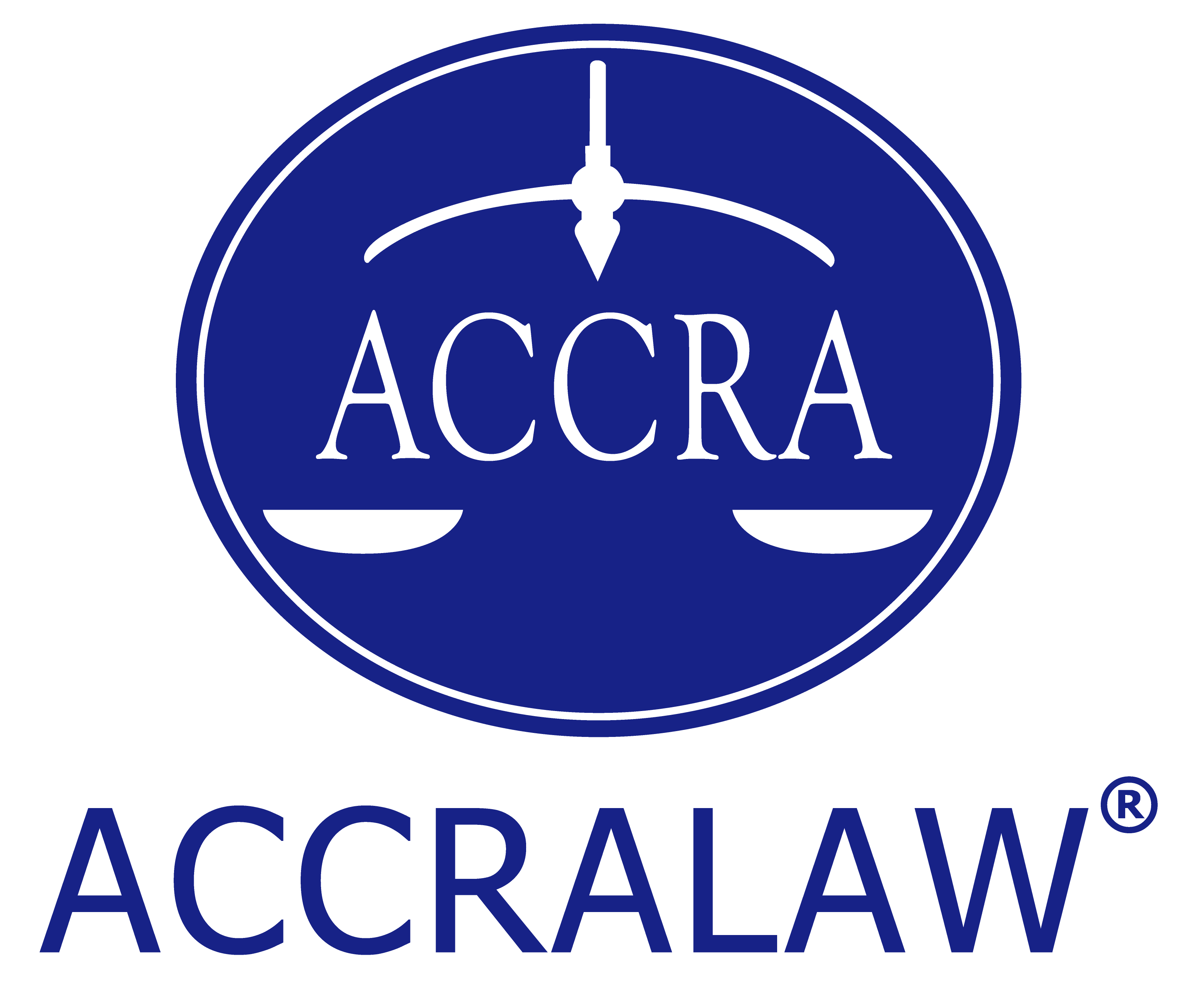
T: (6382) 224 0996



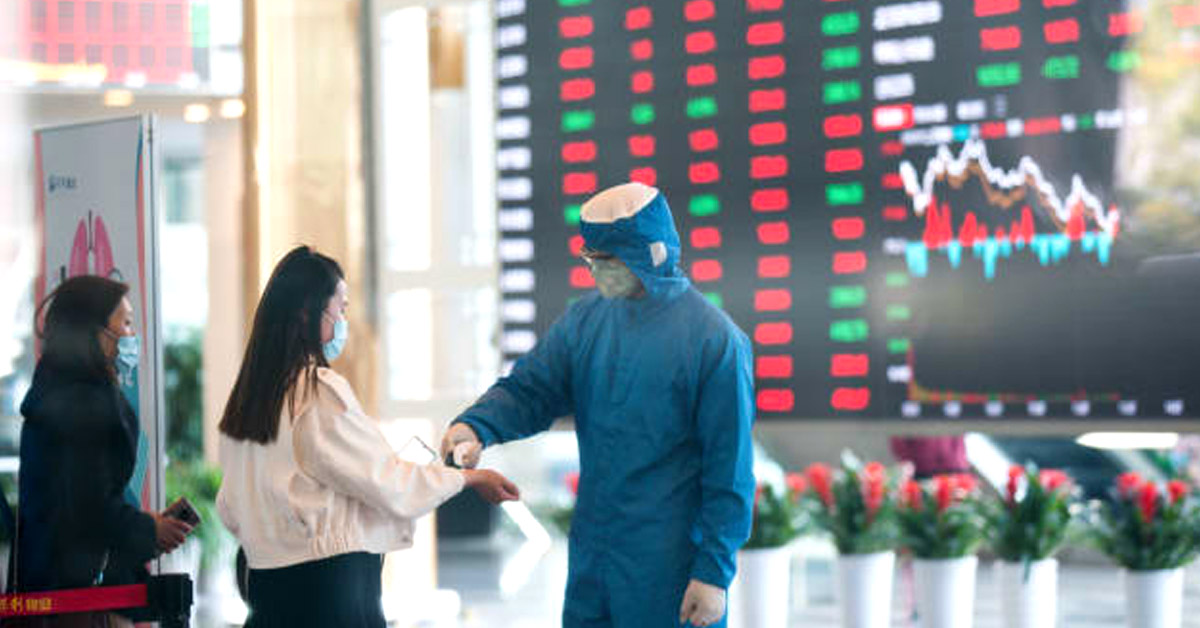

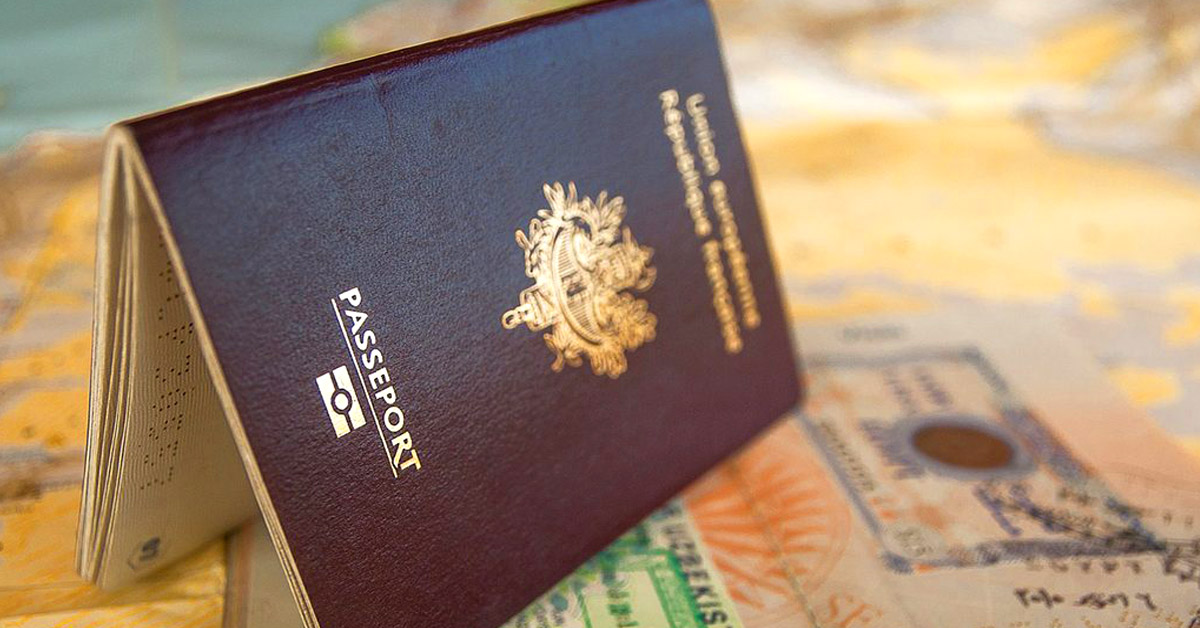
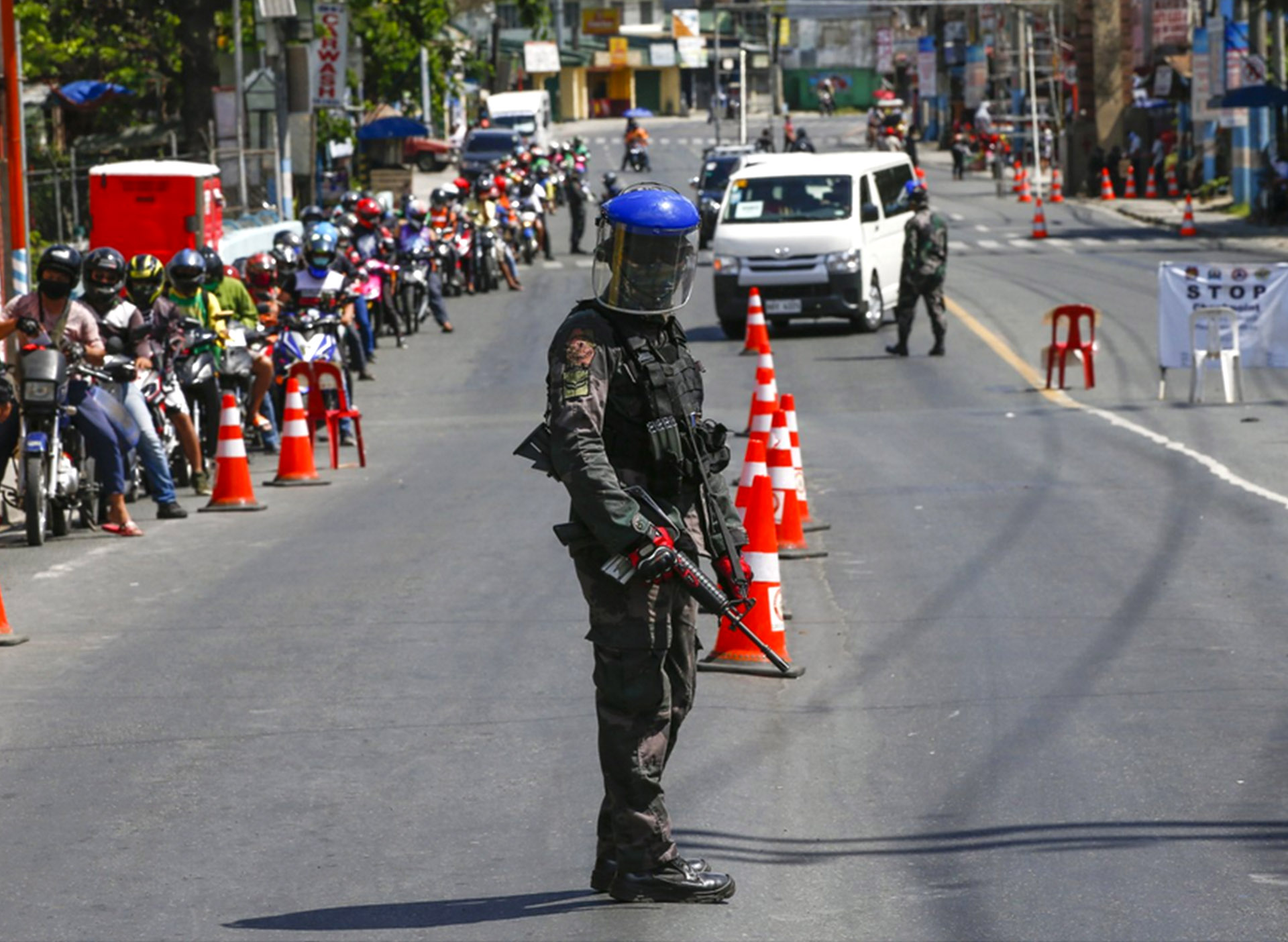








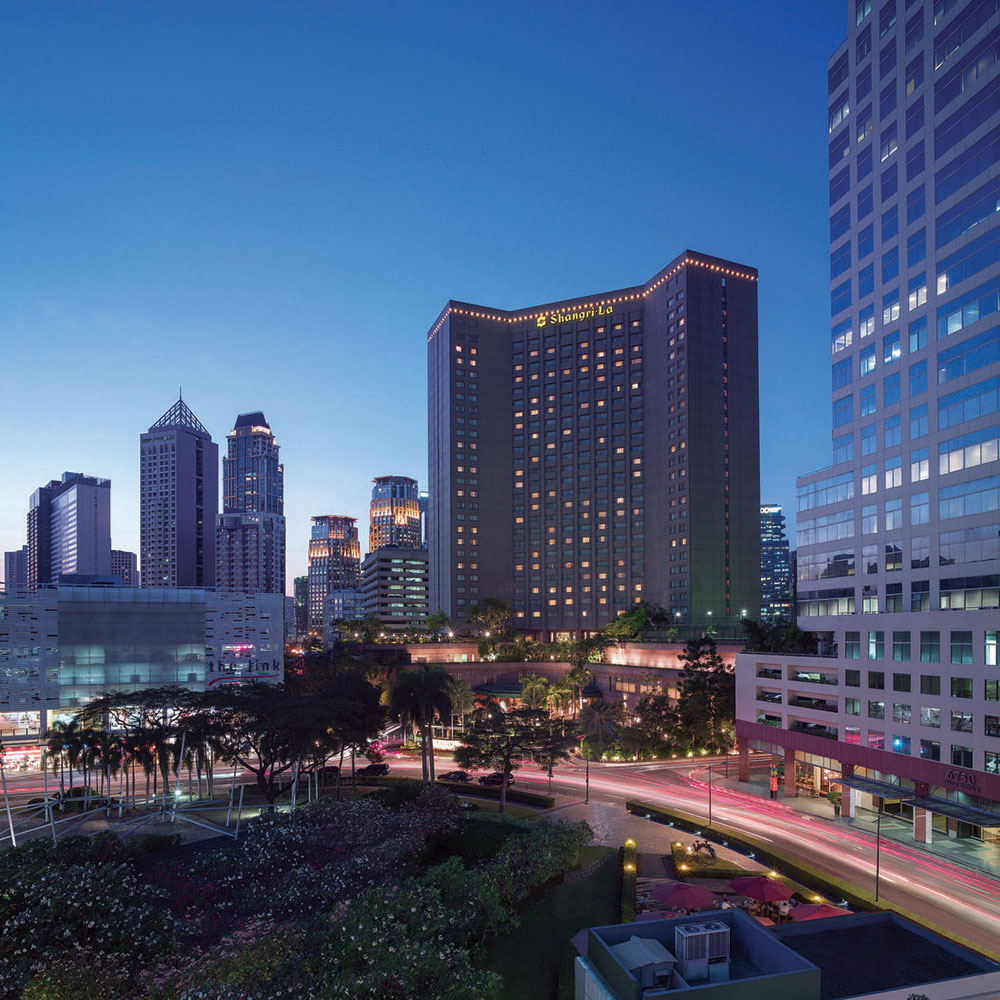



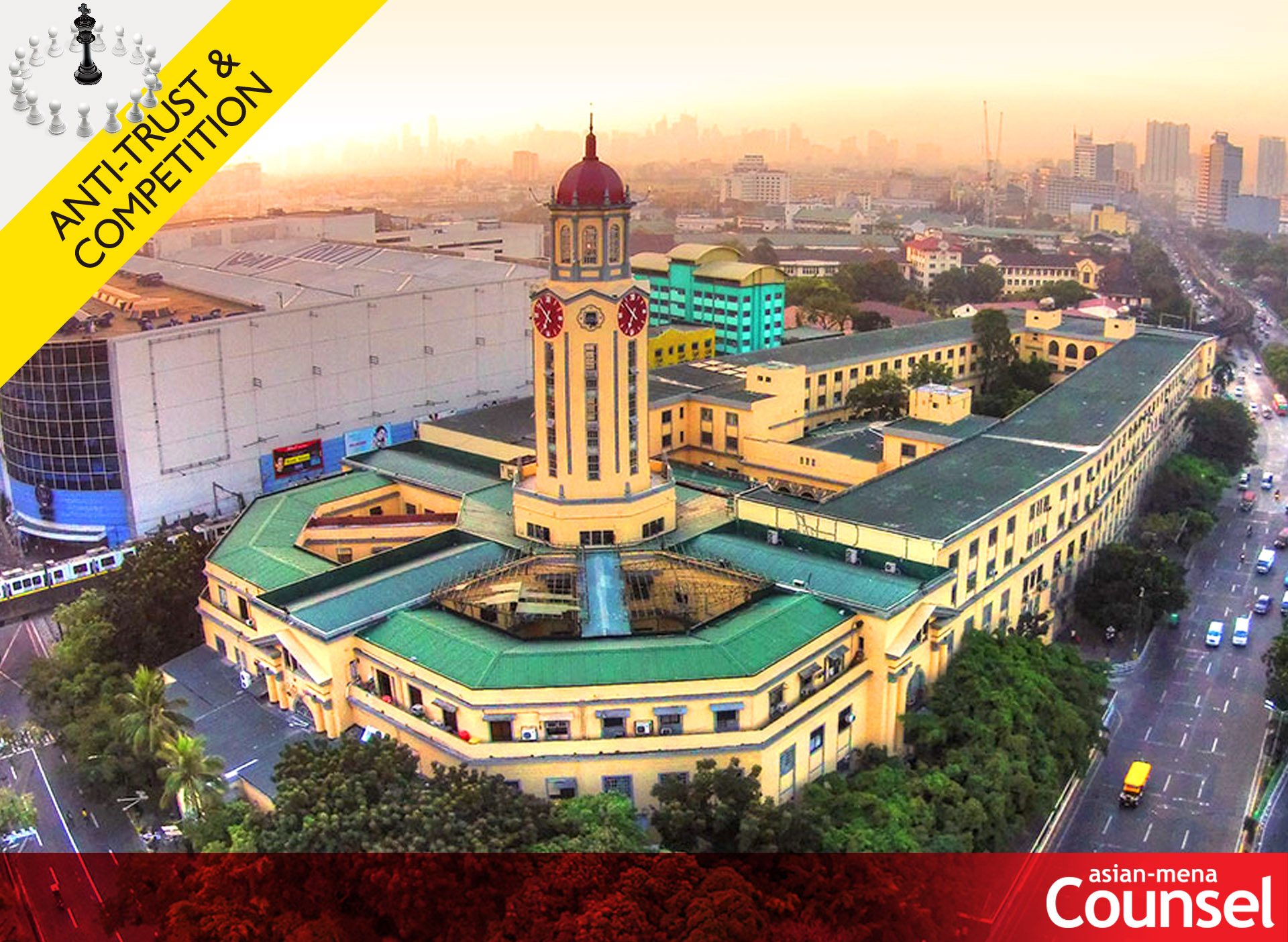











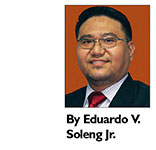
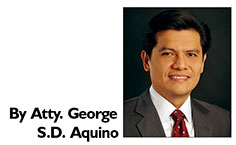






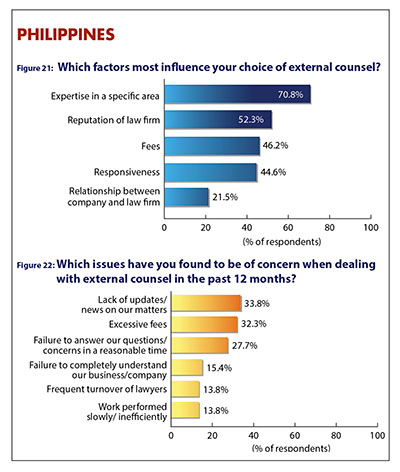

 Angara Abello Concepcion Regala & Cruz Law Offices (ACCRALAW)
Angara Abello Concepcion Regala & Cruz Law Offices (ACCRALAW) Emerico O. De Guzman
Emerico O. De Guzman







